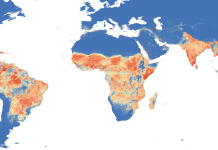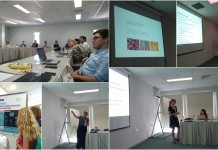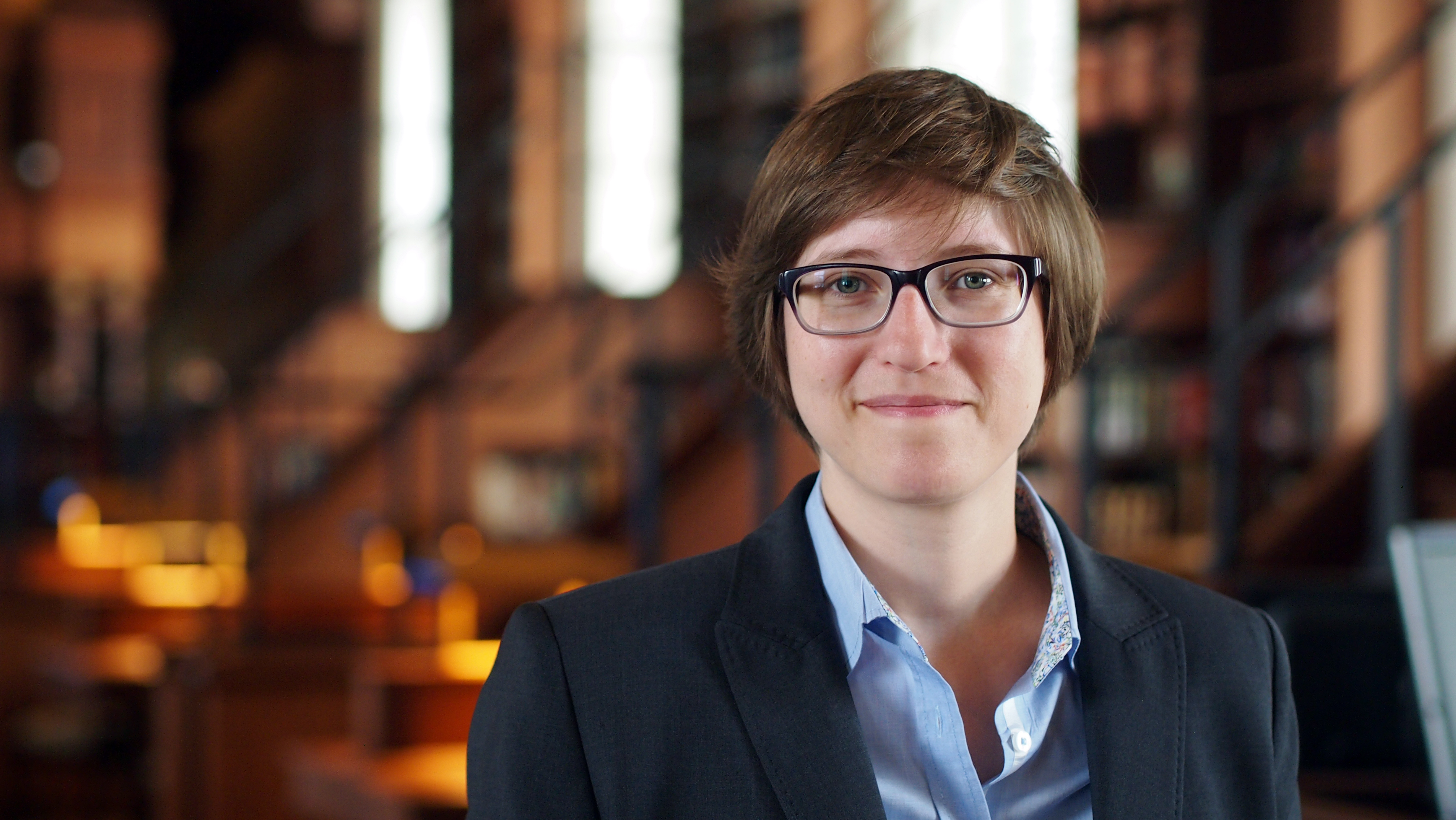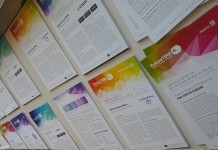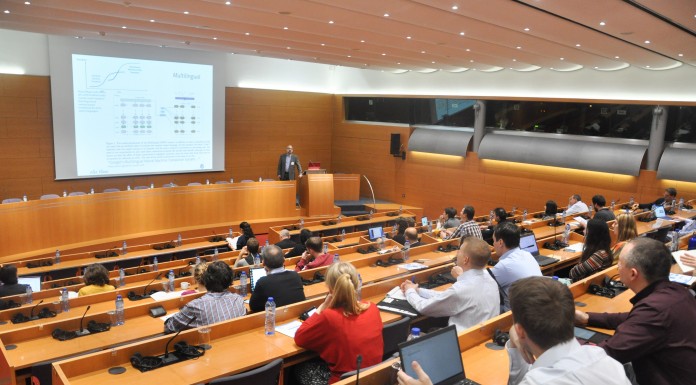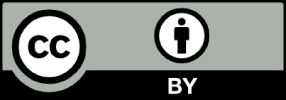Our FutureTDM Workshop in Brussels on 27 September 2016 is sponsored by the European Parliament Digital Agenda Intergroup. We interviewed Julia Reda MEP, member of the intergroup steering committee to find out why TDM is relevant to the intergroup and why it is important for stakeholders to get involved with the development of TDM policy.
What is the Digital Agenda Intergroup?
The Intergroup on the Digital Agenda is an informal network of Members of the European Parliament, cross-party and cross-nationality, who are interested in digital technologies and in how they can benefit society. We recognise the profound impact that digital technologies have on our societies, economies and the media. We wish to take an active role in shaping that impact through improving the knowledge of the functioning and impact of technologies. Through the organization of events and exchanges of views, we seek to advance the development of smarter, more relevant EU policies that promote fundamental rights, prosperity, learning and participation.
Why is the intergroup sponsoring this event?
The goal of the ongoing copyright reform is to bring copyright up to date with the digital reality. Text and data mining is one of those activities that can offer great new opportunities for research and business, but the current copyright regime is making it too burdensome. Many countries around the world, including the United States and Japan, already allow text & data mining for all purposes, whereas the European situation is marked by legal uncertainty. By sponsoring the FutureTDM workshop, we hope we can advance the knowledge of what TDM is all about, how it can contribute to knowledge discovery and innovation, and what legislative changes are needed for the EU to catch up with text & data mining activities around the world.
Why are stakeholders views important?
TDM is often discussed in the rather narrow context of universities mining academic research articles published in closed-access journals. However, the potential uses of TDM are much broader. Anything can be mined, be it pictures or weather databases or social media postings, by a much broader range of users than only researchers who are affiliated with an academic institution. Anyone from start-ups to citizen scientists to data journalists stands to gain from a clear and simple text & data mining exception in copyright law.
What role will MEPs have in copyright policy developments in the coming months?
The European Parliament has already come out in support of TDM in the past, for example when it asked the Commission to explore the introduction of a new copyright exception in the report on copyright reform that I steered through parliament last year. Now that we know that a copyright exception for text and data mining is part of the Commission's copyright reform proposal, it will be our job to make sure that this exception is broad enough to cover all relevant TDM activities. The wording proposed by the Commission is difficult to interpret and risks creating legal uncertainty, it also appears to exclude companies or individual researchers from its scope. The European Parliament can amend the Commission proposal and will have to approve the final text along with the Council.
Furthermore, we will have to prevent any new restrictions on data mining from being introduced. In particular, the Commission proposal includes a new ancillary copyright for press publishers that would require an additional licence from a press publisher for indexing any newspaper article, including for TDM purposes. For those not covered by the proposed TDM exception, mining newspaper articles would become even more of a legal minefield than it already is. Last year, the Digital Agenda Intergroup steering committee wrote an open letter to the European Commission warning against the introduction of such an ancillary copyright. More than 80 Members of Parliament co-signed this letter




